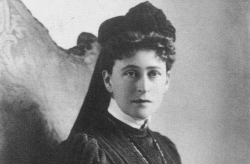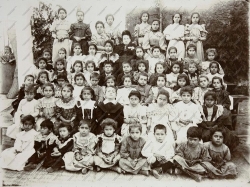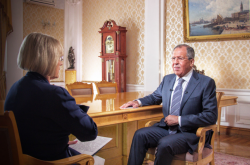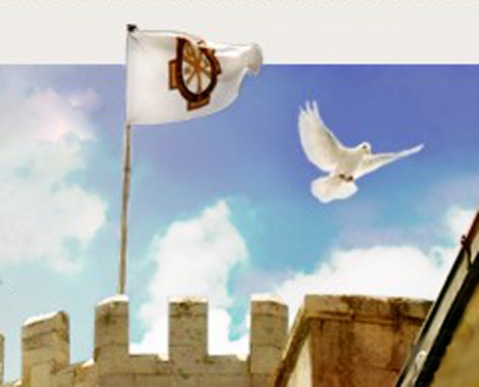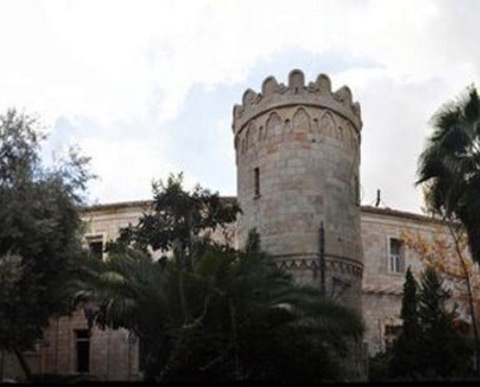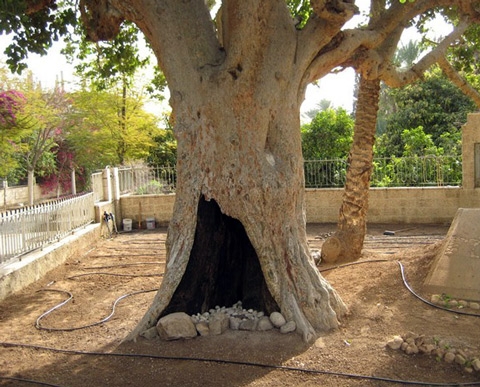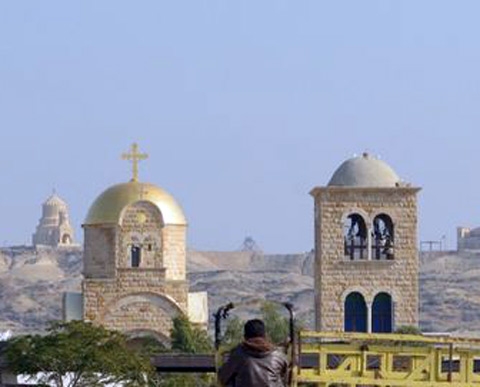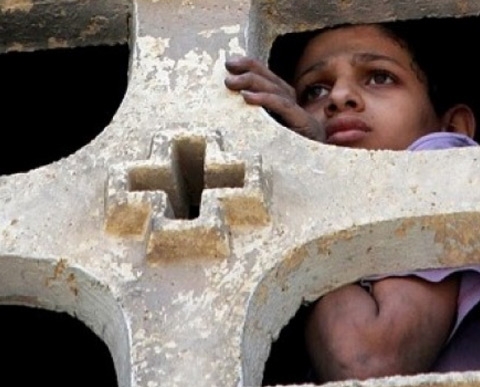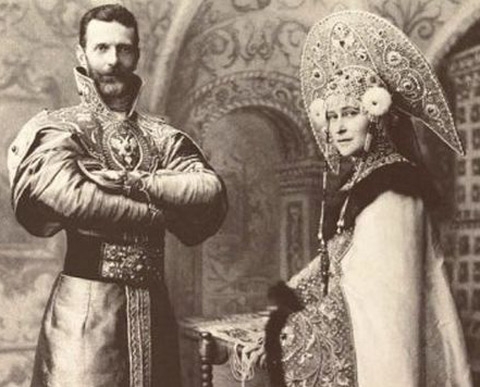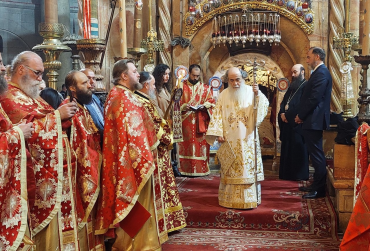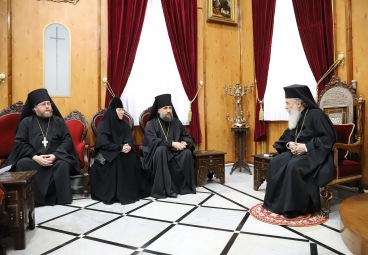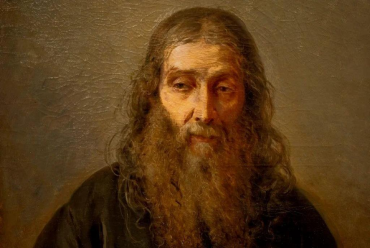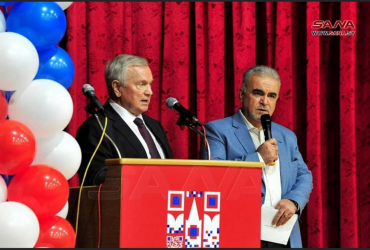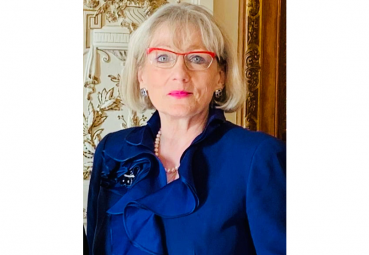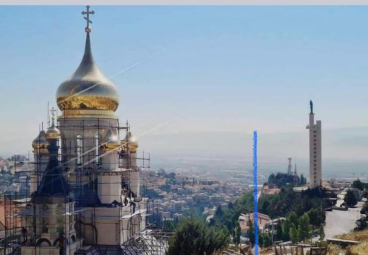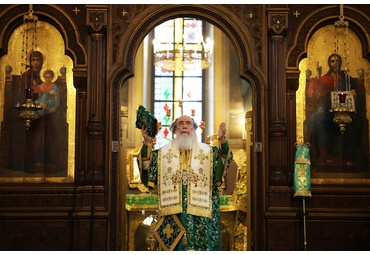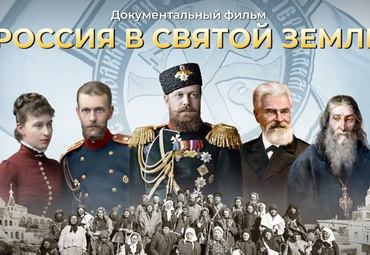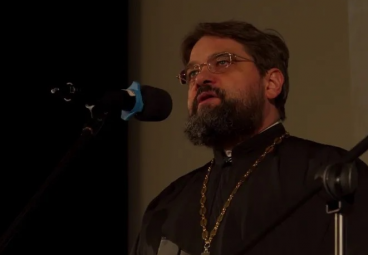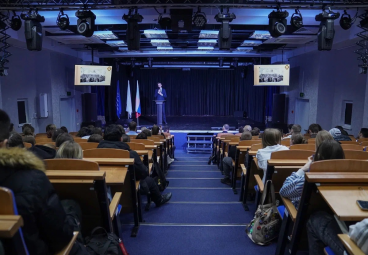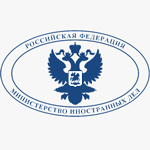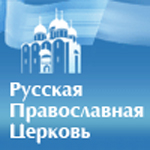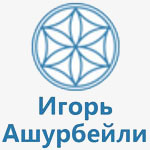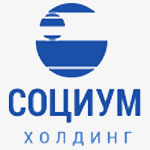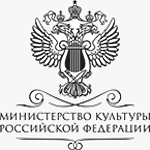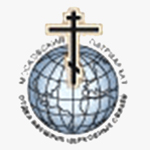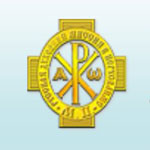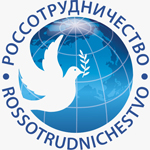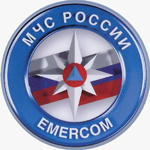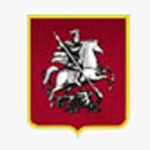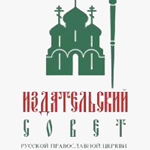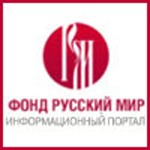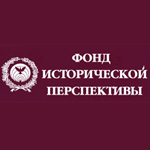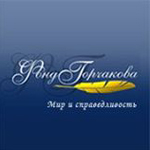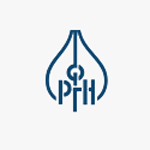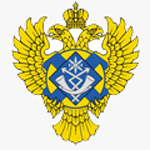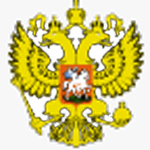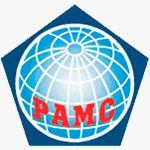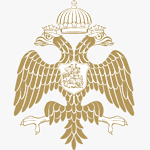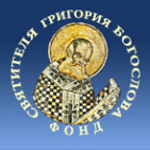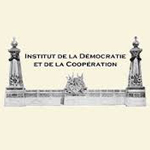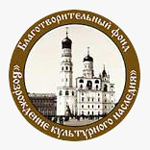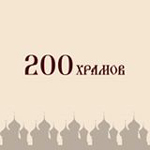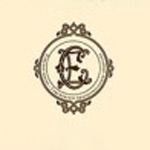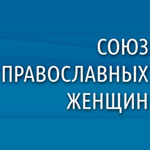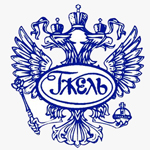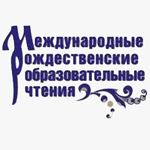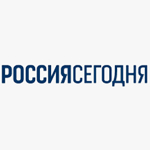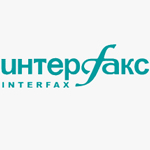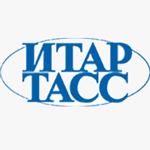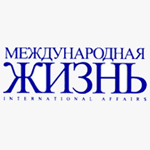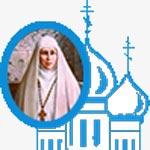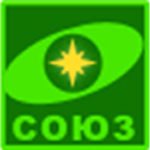IDC organized a Side Event during the 23rd session of the UN Human Rights Council
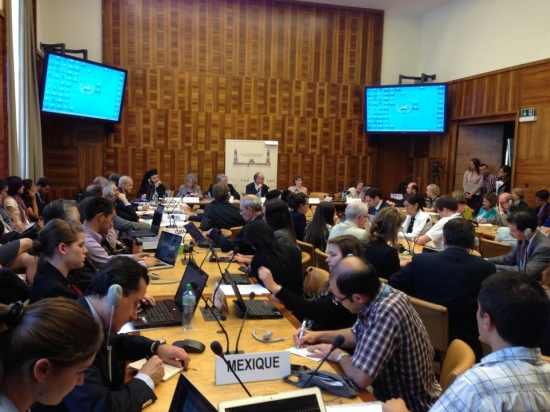
The meeting was opened by Naventhem Pillay, UN High Commissioner of Human Rights. Then speeches were made by: the Permanent Representative of the Russian Federation to the UN and other international institutions in Geneva, Ambassador Alexei Borodavkin; Mrs Elena Agapova, Deputy Chairman of the Imperial Orthodox Palestine Society; Mairead Corrigan Maguire, winner of the Nobel Peace Prize in 1976; Bishop Isaac Barakat, Bishop of Aphameia, the personal representative of His Beatitude John X, the Greek Orthodox Patriarch of Antioch and all the East; Archpriest Mikhaïl Gundiaev, representative of the Russian Orthodox Church to the international institutions in Geneva including the World Council of Churches; Mother Agnes Mariam of the Cross, Mother Superior of the Monastery of St James the Mutilated in Qara, Syria; Natalia Narochnitskaya, president of the Institute of Democracy and Cooperation in Paris. A declaration by the Grand Mufti of Syria, His Excellency Dr Ahmed Badreddin al-Hassoun, was read out: he could not attend the event in person because of the impossibility of guaranteeing his security outside Syria.
In her speech, the High Commissioner stressed the effect of the civil war on civilians and the need for all sides in the conflict to respect the laws of war. She deplored the atrocities committed by both sides in the conflict.
Ambassador Borodavkin thanked the Imperial Orthodox Palestine Society and the Institute of Democracy and Cooperation for their relentless efforts which made the event possible. He deplored the violations of the rights of minorities and the radical Islamist elements within the rebel ranks who have been committing atrocities. He said that certain minorities - Christians, Alawites and Druze - would face annihilation if the goals of certain Islamists were achieved. He said, "A peaceful solution is imperative to resolve the crisis. Russia will continue its efforts to convene and international conference on Syria that hopefully will stop the bloodshed and open a door for a really democratic future for everyone in Syria."
Mrs Agapova spoke about the consequences of the humanitarian catastrophe in Syria and about the work of IOPS in delivering significant amounts of humanitarian aid to the people of Syria, aid which was given via the Greek-Orthodox Patriarch and the Grand Mufti. She called on the Human Rights Council "to study the evidence brought to the Council by the religious leaders on the panel in order to gain a better understanding of the reality of the conflict ... There are a lot of myths and unilateral assessments which are far from reality."
Mairead Maguire drew on her experience in grass-roots peace-making in Northern Ireland to argue vehemently that peace and not war is the way forward for Syria. "We are deeply convinced," she said, "that peace is possible in Syria if the Syrians are given the opportunity to realise their fundamental rights."
Bishop Barakat deplored the mass exodus of Christians from the Middle East. He said that many Christians were being forced to pay an Islamic tax, as in the early Muslim empires, and he said that many churches had been destroyed and vandalised.
Archpriest Gundiaev described the fate of the two kidnapped Orthodox hierarchs, one of whom is the brother of the Patriarch, John X. The IPOS decided to send a statement to the Human Rights Council about this very unfortunate incident and calling on the international community to intervene for their liberation and safe return.
Mother Agnes Mariam gave a detailed commentary of the latest Commission of Inquiry report and, while welcoming certain positive evolutions in the position of the Commission, nonetheless called for an even greater degree of objectivity in future reports.
Mother Agnes also read out, on the personal request of the Grand Mufti, a declaration by him, in which he invited all United Nations bodies to visit Syria in order the learn the truth. He said, "People have profited from the chaos to take up arms in the name of change and to start to kill in order to sow discord between citizens ... We call urgently on the international community and the Human Rights Council to intervene with the decision-makers concerned to stop the influx of arms and terrorists into our blessed land."
Natalia Narochnitskaya spoke about the geopolitical stakes of the Syrian conflict and regretted the fact that Western countries were giving political and military support to the rebels. She said that the EU was playing with fire by deciding to end the arms embargo to the rebels and that Islamist elements would soon be active in Europe itself.
The organisers hope that the evidence given during the meeting by the religious leaders from Syria will be objectively reflected in the documents of the United Nations and will be widely made known to international public opinion.

